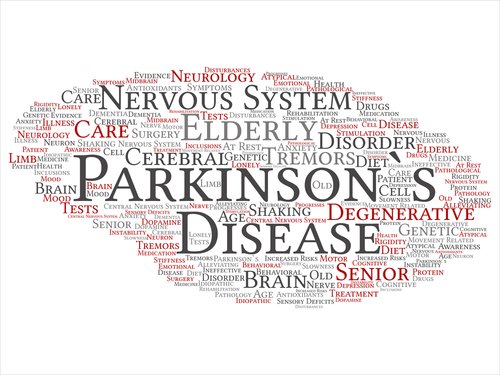Biomarkers for Predicting Cognitive Decline in Parkinson’s Disease May Improve Future Clinical Trials

A range of biomarkers may help physicians predict which Parkinson’s disease patients will develop cognitive decline in the early years of a diagnosis, say researchers at the University of Pennsylvania. The information may help manage the disease better, but will be especially valuable in future clinical trials.
For the study, “Multiple modality biomarker prediction of cognitive impairment in prospectively followed de novo Parkinson disease,” which appeared in the journal PLOS ONE, researchers recruited newly diagnosed patients not yet treated with anti-Parkinson’s medications. T
Cognitive impairment is common in the later stages of Parkinson’s. Although previous studies have identified several risk factors for cognitive decline, few have looked at brain and genetic factors that contribute to the onset of cognitive issues.
All 423 patients were part of the Parkinson’s Progression Markers Initiative (PPMI) — an observational study that subjects participants to extensive testing at the start of the study — when patients are unaffected by thinking or memory difficulties — and follows them over time.
The exams included scans analyzing brain dopamine transport, brain volume and thickness, as well as scans looking for gray and white matter abnormalities. Researchers used a spinal tap to test for the presence of the Parkinson’s-linked protein alpha-synuclein, as well as the amyloid-beta and tau proteins in spinal fluid. They also did genetic analysis, specifically looking for gene variants with known links to learning in Parkinson’s.
Doctors measure cognitive decline in several ways. So to get a more reliable picture, the study used four methods of determining if a patient had cognitive issues. Depending on the assessment used, 15 to 38 percent of patients had developed cognitive impairment over the three-year study. Not all the patients were included for three years when the data was analyzed, so the figures might change once more patients complete the study.
Several of the measures turned out to be linked to the onset of cognitive decline, including dopamine abnormalities, a decreased volume or thickness of the brain’s outer part, called cortex, amyloid-beta abnormalities — suggesting features of Alzheimer’s disease — and two gene variants.
The data demonstrated that cognitive decline in Parkinson’s depends on a complex combination of factors.
“Cognitive impairment in de novo Parkinson’s disease increases in frequency 50 to 200 percent in the first several years of disease depending on the definition used, and is independently predicted by biomarker changes related to nigrostriatal or cortical dopaminergic deficits, global atrophy due to possible widespread effects of neurodegenerative disease, co-morbid Alzheimer’s disease amyloid plaque pathology, and a mix of genetic factors,” Daniel Weintraub, the study’s senior author and an assistant psychiatry professor Upenn’s Perelman School of Medicine, said in a press release.





